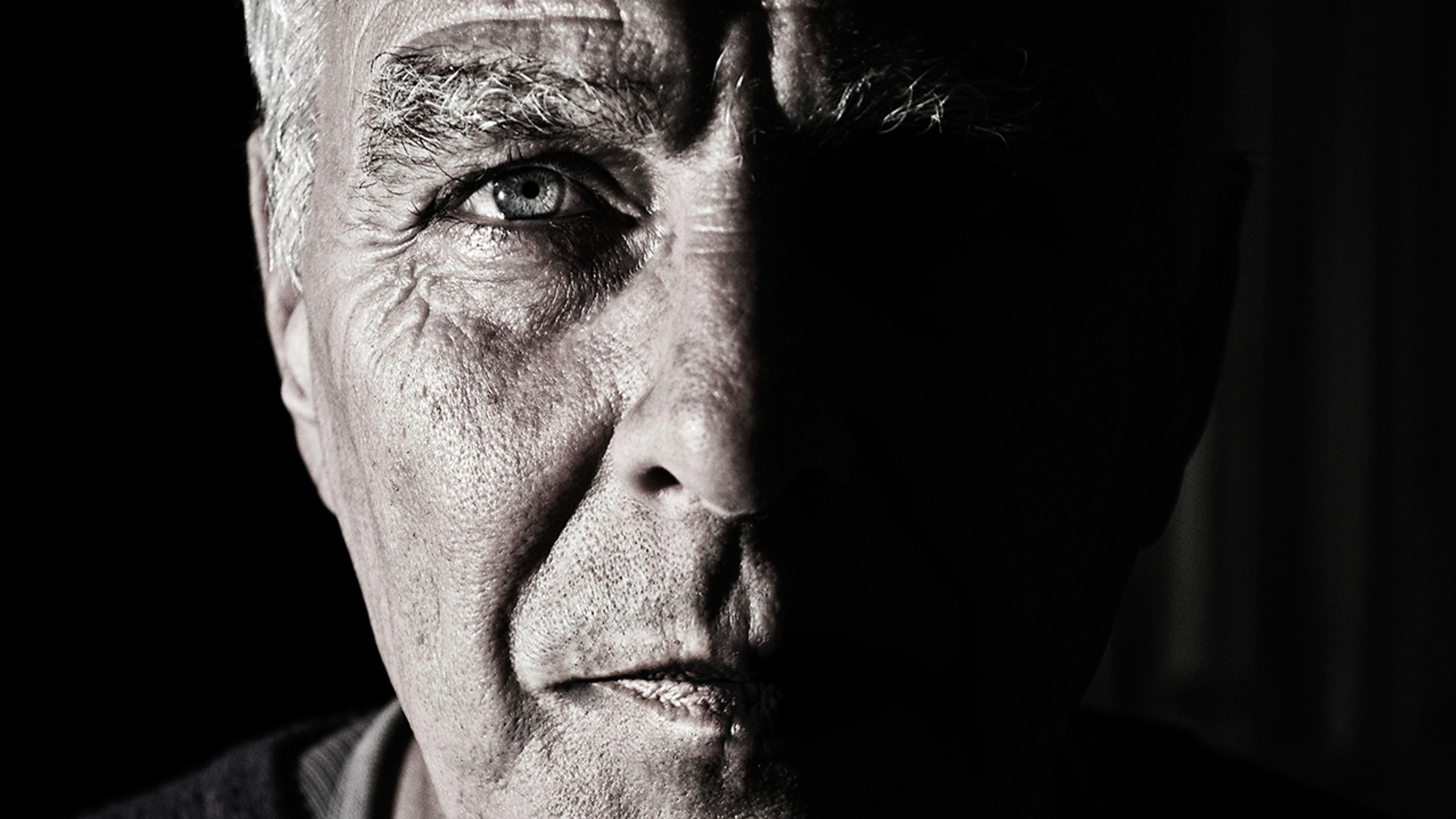If you’ve been anywhere near social media for the last few weeks, you’ve probably seen people posting photos of themselves, but aged to make them look 60, 70, or older. Those photos come from an app called FaceApp, which uses artificial intelligence to age people. The app has actually been around for a few years but only recently gotten attention from the internet at large.
https://twitter.com/tiredbuthyped/status/1151308817877143552
However, while the app can be fun if you want to see what the future might have in store for you in the looks department, there are some major privacy concerns. For instance, as TechCrunch notes, when a user taps a photo in their library that they want FaceApp to work its age magic on, the app actually uploads that photo to FaceApp’s servers in Russia (where the company that makes the app is located) and the age effects are crunched by the AI there, off your device.
https://twitter.com/_Snape_/status/1151278628228911104
FaceApp does not alert the user that their photo has been uploaded to the cloud, nor does it specify in its policies if the company retains your original photo or what the company is allowed to do with it. All of Apple’s first-party apps that use AI and machine learning do so on the user’s device–not in the cloud. So people could think that, by default, FaceApp works the same way–which it certainly does not.
https://twitter.com/s_m_i/status/1151334944817344514
It’s also worth noting the company’s extremely broad terms of service, which appear to give FaceApp permission to do anything it wants with your images:
“You grant FaceApp a perpetual, irrevocable, nonexclusive, royalty-free, worldwide, fully-paid, transferable sub-licensable license to use, reproduce, modify, adapt, publish, translate, create derivative works from, distribute, publicly perform and display your User Content and any name, username or likeness provided in connection with your User Content in all media formats and channels now known or later developed, without compensation to you. When you post or otherwise share User Content on or through our Services, you understand that your User Content and any associated information (such as your [username], location or profile photo) will be visible to the public.”
There’s no evidence that FaceApp is doing anything shady with your photos–but then again, there’s no clarification on what they are doing with them. In the end, FaceApp’s viral popularity in recent days is just another example of how the internet at large will not stop to think before they give their sensitive data to a relatively unknown company with unknown policies in exchange for something they can post on social media that will give them a few likes.
Read more stories about our current privacy conundrum in our series The Privacy Divide.
Recognize your brand’s excellence by applying to this year’s Brands That Matter Awards before the early-rate deadline, May 3.
